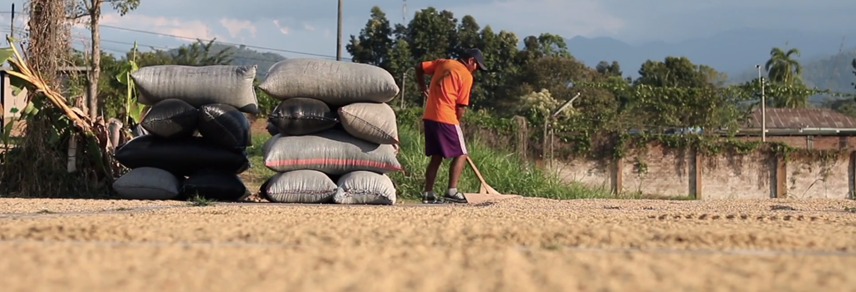
SUPPORTING SUSTAINABLE COFFEE
Who: Twin, Matthew Algie, Taylors of Harrogate and Marks & Spencer
Objective: For UK coffee roasters Matthew Algie and Taylors of Harrogate, and retailer Marks & Spencer, a keen interest – and strategic business objective – exists with regards to Peruvian coffee. But, sourcing coffee from Peru has become more challenging due to the consequences of climate change and growing societal challenges. To ensure a continued supply of quality coffee from the South American nation, Matthew Algie, Taylors and M&S teamed up with Twin, an NGO focusing on building connections between farmers and businesses to promote ethical sourcing. The partnership addressed climate change, gender justice and youth engagement issues in two Peruvian
coffee cooperatives.
Strategy: All the organisations involved had a strategic interest in Peruvian coffee and a strong existing commitment to Fairtrade practices and sustainable farming. To carry that commitment through to the Peruvian economy, the partnership established a three-year commitment that changed the way farmers operated. This led to more productivity as well as female empowerment and better engagement of young people in agricultural communities. In combatting leaf rust – which, in 2015, has affected a huge percentage of coffee in Peru – sustainable farming methods were introduced to the cooperatives, helping decrease soil erosion and increase shade cover for coffee trees.
Rationale: As a result, the partnership has inspired young people to reengage with the coffee farming industry, despite the demoralising effects of the leaf rust devastation of 2015. Young people were given training in areas related to agriculture and the coffee trade to encourage more people to become employed, empowered and engaged in coffee production, and crucially, to allow them to develop additional income sources outside the coffee trade as well. Krisztina Szalai, sustainable sourcing manager at Taylors of Harrogate, says, “Working together on a project that involved the whole supply chain has been a truly rewarding process – addressing some of the most fundamental sustainability challenges of our time requires collaboration at a level that reaches beyond individual supply chains.”



